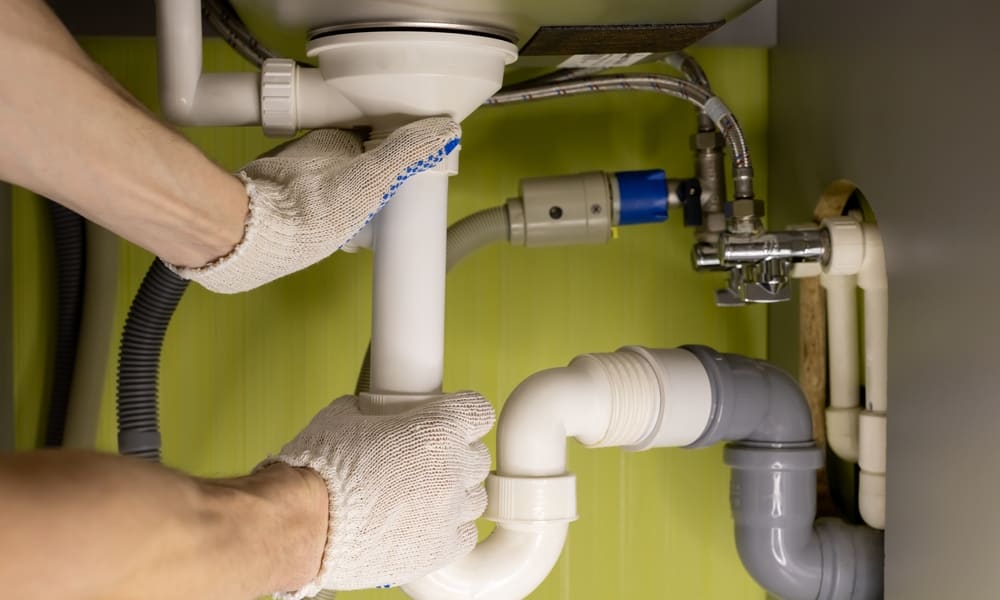How Much do Trusted Local Plumbers Across the UK Charge on Average?
The plumbing industry in the UK presents a varied cost landscape in 2025, heavily influenced by job complexity, location, and service timing. Understanding averages and factors such as emergency fees is vital for navigating pricing. Properly managing quotes and selecting service models helps ensure transparency and quality in hiring a plumber amidst shifting market dynamics.

Key Factors Influencing Plumbing Costs in the UK (2025)
Several variables impact what you’ll pay for plumbing services this year. Location stands as perhaps the most significant factor—London and the Southeast typically command premium rates, often 20-30% higher than the national average. In contrast, regions like the North and parts of Wales generally offer more affordable services. The complexity and urgency of work also substantially affect pricing, with specialized tasks requiring advanced expertise naturally commanding higher fees.
Another critical consideration is the plumber’s qualification level. Gas Safe registered plumbers, necessary for any gas-related work, typically charge more than those without this certification. Similarly, those with additional accreditations from organizations like the Chartered Institute of Plumbing and Heating Engineering (CIPHE) often have higher hourly rates that reflect their expertise and quality assurance.
Material costs have seen notable fluctuations in recent years, with supply chain challenges driving up prices for certain components. This variability makes it essential to request itemized quotes that clearly separate labor from materials, allowing for better comparison between service providers.
Emergency Call-Out Charges and How to Avoid Overpaying
Emergency plumbing situations often come with premium pricing. Current data shows that emergency call-out charges typically range from £80 to £150, with additional hourly rates applied once work begins. These fees can increase substantially during evenings, weekends, and public holidays—sometimes doubling the standard rate.
To avoid unnecessary emergency expenses, consider these strategic approaches:
-
Distinguish between true emergencies (major leaks, no water, or gas issues) and inconveniences that could wait until regular business hours
-
Maintain a relationship with a reliable local plumber before emergencies arise
-
Learn the location of your property’s stopcock to quickly shut off water in emergency situations
-
Request a clear breakdown of emergency fees before work commences
Some plumbing companies offer service plans or maintenance contracts that include priority emergency response without additional call-out charges. These can prove cost-effective for older properties prone to plumbing issues or households wanting peace of mind.
Getting Accurate Quotes and Choosing the Right Service Model
The pricing model your plumber uses significantly impacts the final cost. Most UK plumbers operate under one of three common approaches: hourly rates, fixed project fees, or day rates. Hourly rates typically range from £40 to £90 depending on location and experience, while day rates generally fall between £300 and £450.
For accurate quotations, provide detailed information about your plumbing issue. Photos, videos, and comprehensive descriptions help plumbers offer more precise estimates. For larger projects, most reputable professionals will conduct an in-person assessment before providing a binding quote.
When comparing proposals, look beyond the bottom line. Consider:
-
Breakdown of labor versus materials
-
Timeline for completion
-
Warranty on both workmanship and parts
-
Payment schedule and accepted methods
-
Contingency plans for unexpected issues
Many established plumbing companies now offer tiered service packages, allowing customers to choose between economy, standard, and premium options based on response time, parts quality, and warranty duration. This transparency helps match service levels to budgetary constraints.
Common Plumbing Jobs and Their Average Costs
Understanding typical pricing for standard plumbing tasks helps set realistic expectations and identify potentially excessive quotes.
| Job Type | Average Cost Range | Typical Time Frame |
|---|---|---|
| Fixing a leaking tap | £60 - £120 | 1-2 hours |
| Unblocking a toilet | £80 - £160 | 1-3 hours |
| Replacing a standard toilet | £150 - £300 | 2-4 hours |
| Installing a new bathroom sink | £120 - £250 | 2-4 hours |
| Replacing a hot water cylinder | £450 - £800 | 4-8 hours |
| Full bathroom installation | £2,500 - £6,000 | 5-10 days |
| Boiler replacement | £1,800 - £3,500 | 1-3 days |
Prices, rates, or cost estimates mentioned in this article are based on the latest available information but may change over time. Independent research is advised before making financial decisions.
Regional Variations in Plumbing Rates Across the UK
Significant regional disparities exist in plumbing charges throughout the UK. London consistently tops the pricing scale, with average hourly rates between £70 and £90. The Home Counties and major urban centers like Manchester, Birmingham, and Edinburgh follow closely behind, typically charging £60 to £80 per hour.
In contrast, parts of Northern England, Wales, Northern Ireland, and Scotland’s rural areas offer more competitive pricing, with hourly rates generally between £40 and £60. These differences reflect varying operational costs, competition levels, and living expenses across regions.
When budgeting for plumbing work, consider these regional variations alongside other factors like timing and job complexity. Some national plumbing chains maintain more consistent pricing across regions but may charge premium rates compared to local independent plumbers.
Conclusion
The cost of professional plumbing services in the UK varies considerably based on location, job complexity, timing, and the plumber’s qualifications. While emergency call-outs command premium prices, especially during unsociable hours, standard maintenance tasks follow more predictable pricing patterns. By understanding the factors that influence costs, obtaining multiple detailed quotes, and selecting the appropriate service model, consumers can secure quality plumbing work at fair market rates. Regular maintenance and addressing minor issues promptly remain the most effective strategies for avoiding costly emergency repairs in the long term.




